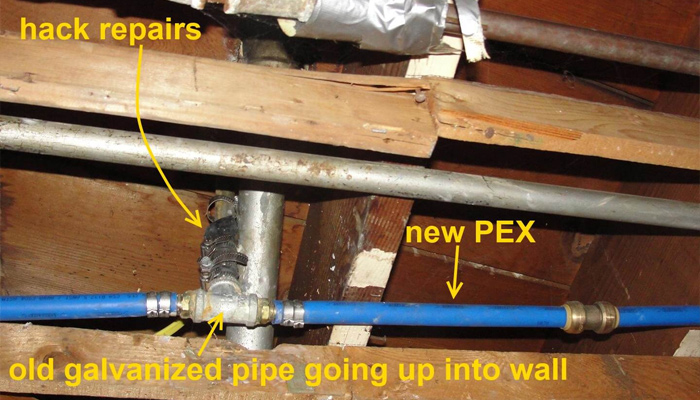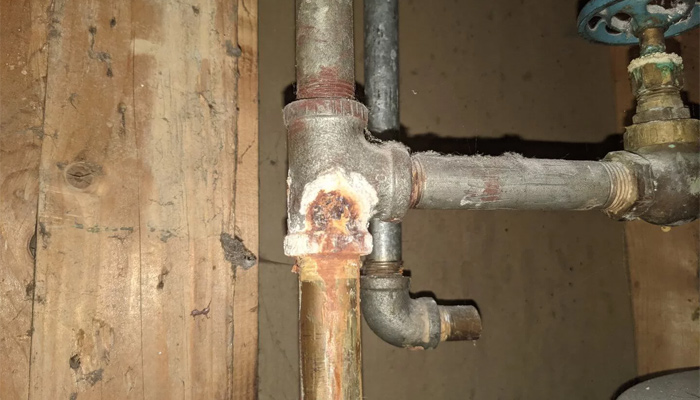Galvanized steel pipe has been widely used in various industries, including water supply systems, due to its durability, affordability, and resistance to corrosion. However, there are concerns about the safety of using galvanized pipes for water, especially for drinking water.
Advantages of Galvanized Steel Pipe for Water
Galvanized steel pipe has several advantages that make it an attractive option for water supply systems.
Durability
Galvanized steel pipe is highly durable and can withstand harsh water conditions, including high water pressure and extreme temperatures. It is resistant to corrosion and can last for decades with proper maintenance.
Affordability
Galvanized steel pipe is relatively affordable compared to other materials, such as copper or PVC. It is also easier to install and maintain, which can save homeowners and businesses money on installation and repair costs.
Resistance to Corrosion
Galvanized steel pipe is resistant to corrosion, which means it can withstand exposure to water and other corrosive substances without degrading or weakening. This makes it an ideal material for water supply systems, especially in areas with hard water.

Disadvantages of Galvanized Steel Pipe for Water
While galvanized steel pipe has many advantages, it also has some disadvantages that should be considered.
Rust and Corrosion
Galvanized steel pipe can rust and corrode over time, especially in areas with high water tables or poor soil conditions. This can lead to leaks, contamination, and other issues that can affect the quality of the water.
Limited Lifespan
Galvanized steel pipe has a limited lifespan and may need to be replaced every 5-10 years, depending on the water quality and usage. This can be a significant drawback for homeowners and businesses that rely on the pipe for their water supply.
Health Concerns
There are also health concerns associated with using galvanized steel pipes for water. The zinc coating on the pipe can leach into the water, especially in acidic conditions, which can cause health problems for people who consume the water.
Is Galvanized Steel Pipe Safe for Drinking Water?
The safety of using galvanized steel pipes for drinking water is a controversial topic. While some experts argue that it is safe, others claim that it can pose health risks.
The US Environmental Protection Agency (EPA) sets limits on the amount of zinc that can be present in drinking water. According to the EPA, the maximum allowable concentration of zinc in drinking water is 5 milligrams per liter (mg/L). However, some studies have shown that even low levels of zinc can cause health problems, especially in children and pregnant women.

To mitigate the risks associated with using galvanized steel pipe for drinking water, it is essential to take the following precautions:
Use a Water Filter
Installing a water filter can help remove impurities and excess zinc from the water. This can ensure that the water is safe to drink and reduces the risk of health problems.
Regular Maintenance
Regular maintenance of the galvanized steel pipe is crucial to prevent rust and corrosion. This includes inspecting the pipe regularly, cleaning it, and replacing it when necessary.
Use a Non-Toxic Coating
Using a non-toxic coating on the inside of the galvanized steel pipe can help prevent zinc from leaching into the water. This can reduce the risk of health problems associated with zinc exposure.
Conclusion
Galvanized steel pipe is a popular choice for water supply systems due to its durability, affordability, and resistance to corrosion. However, there are concerns about the safety of using galvanized steel pipes for drinking water, especially for children and pregnant women. To mitigate these risks, it is essential to take precautions, such as using a water filter, regular maintenance, and non-toxic coatings.